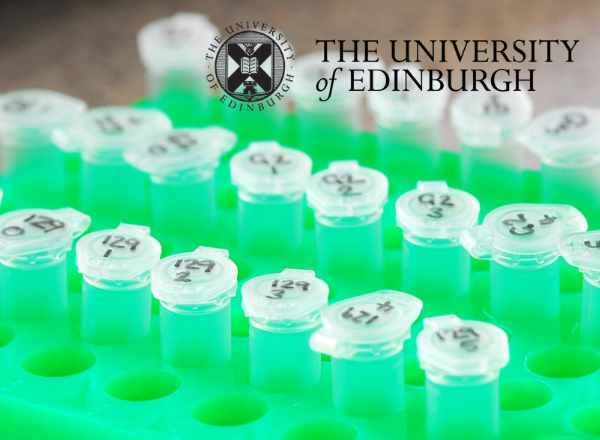We knew that we were using plastic daily in our research, but it wasn’t until we took the time to quantify the waste that the volumes being used really hit home. Once the reduction and reuse measures were in place it was quickly clear that large impacts were being seen. The most surprising thing for us was how resilient some plastics are to being autoclaved and therefore how many times they can be re-used. This means that we were able to save more plastic than we originally anticipated.
A new approach could reduce plastic waste in a laboratory by more than 500kg a year and result in considerable savings, scientists at the Roslin Institute at University of Edinburgh found.
A scheme based on plastic reduction and reuse has resulted in savings of more than £400 over a three-month period.
Other labs worldwide could adopt similar measures to reduce plastic waste, researchers suggest.
To determine the success of the scheme, scientists compared the amount of plastic waste produced in regular conditions over four weeks with waste produced using the new approach over the next seven weeks.
In implementing these replace and reuse practices, they saved more than 3,000 plastic items of equipment during a four-week period, equivalent to a 43kg reduction in waste.
Find out more.
ENDS
A scheme based on plastic reduction and reuse has resulted in savings of more than £400 over a three-month period.
Other labs worldwide could adopt similar measures to reduce plastic waste, researchers suggest.
Replace and reuse
A Roslin research group replaced single-use plastics, such as tools used to collect and transfer samples, with re-usable equipment incorporating wood or metal. Where alternatives were not available, the group decontaminated plastic equipment for re-use, with chemical cleaning before a second level of decontamination under heat and pressure – known as autoclaving.To determine the success of the scheme, scientists compared the amount of plastic waste produced in regular conditions over four weeks with waste produced using the new approach over the next seven weeks.
In implementing these replace and reuse practices, they saved more than 3,000 plastic items of equipment during a four-week period, equivalent to a 43kg reduction in waste.
Find out more.
ENDS











